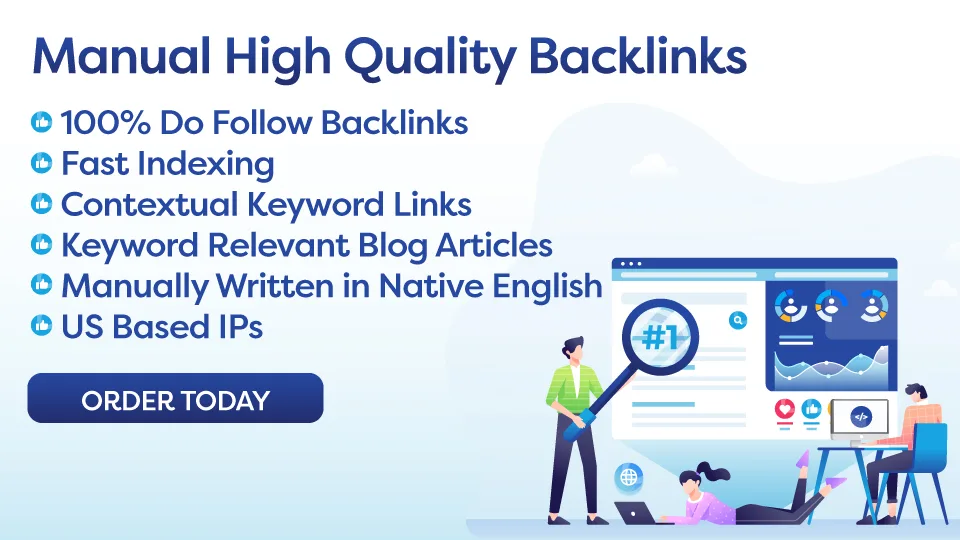Blogging for SEO can significantly benefit small business owners looking to enhance their online presence. By understanding SEO basics, creating high-quality content, utilizing keywords effectively, and promoting the blog through various channels, businesses can improve search engine rankings and attract more visitors. Regularly posting valuable content, conducting keyword research, optimizing meta tags, and leveraging social media can help drive traffic and increase sales. By strategically implementing these tactics, businesses can set themselves apart from competitors, reach a broader audience, and achieve their online marketing goals effectively. Regular posting, keyword research, and meta tags are crucial for SEO success.
Keywords: Blogging for SEO
Excerpt: Are you a small business owner looking to boost your online presence? Discover the power of blogging for SEO and watch your website climb the ranks!
Introduction:
In today’s digital age, having a strong online presence is crucial for small businesses to succeed. With millions of websites on the internet, it can be challenging to stand out and attract customers to your site. This is where blogging for SEO comes into play. By strategically creating and optimizing blog content, small business owners can improve their website’s search engine rankings, drive more traffic, and ultimately increase sales. But what exactly is blogging for SEO, and how can small business owners leverage it to their advantage?
Key Takeaways:
1. Understanding the basics of SEO and how blogging fits in
2. Creating high-quality and relevant content for your target audience
3. Utilizing keywords and meta tags effectively
4. Promoting your blog through social media and other channels
Key Point 1: Understanding the basics of SEO and how blogging fits in
– Importance of SEO for small businesses
– How blogging can improve search engine rankings
Search engine optimization, or SEO, is the practice of optimizing your website to rank higher in search engine results pages. When someone searches for a particular keyword related to your business, you want your website to appear at the top of the results. Blogging is an essential component of SEO because it allows you to regularly create fresh and relevant content that search engines love. By consistently posting blog articles that are valuable to your target audience, you can improve your website’s visibility and increase the likelihood of ranking higher in search results.
Key Point 2: Creating high-quality and relevant content for your target audience
– Identifying your target audience and their interests
– Tips for creating engaging blog content
One of the keys to successful blogging for SEO is creating high-quality and relevant content that resonates with your target audience. Before you start writing, take the time to understand who your audience is and what they are interested in. What are their pain points, needs, and interests? By creating content that addresses these topics, you can attract more visitors to your website and keep them engaged. Additionally, make sure your blog posts are well-written, informative, and easy to read. Include visuals, such as images and infographics, to break up the text and make the content more engaging.
Key Point 3: Utilizing keywords and meta tags effectively
– Conducting keyword research
– Optimizing meta tags for better visibility
Keywords play a crucial role in SEO and blogging. Before you start writing a blog post, conduct keyword research to identify the terms and phrases that your target audience is searching for. Incorporate these keywords naturally throughout your content, including in the title, headers, and body of the blog post. Additionally, optimize your meta tags, such as the meta title and meta description, to improve visibility in search results. Meta tags provide a brief summary of your content to search engines and users, so make sure they are descriptive and include relevant keywords.
Key Point 4: Promoting your blog through social media and other channels
– Leveraging social media platforms to drive traffic
– Collaborating with influencers and other bloggers
Once you have created and optimized your blog content, it’s essential to promote it through various channels to reach a wider audience. Social media platforms, such as Facebook, Instagram, and Twitter, are excellent tools for sharing your blog posts and driving traffic to your website. Engage with your followers, ask for feedback, and encourage them to share your content with their networks. You can also collaborate with influencers and other bloggers in your industry to reach a larger audience and build credibility. By promoting your blog effectively, you can increase visibility, attract more visitors, and ultimately boost your website’s SEO.
Action Plan:
1. Conduct keyword research to identify relevant keywords for your business.
2. Create a content calendar and regularly post blog articles that are valuable to your target audience.
3. Optimize your blog posts with keywords, meta tags, and high-quality visuals.
4. Promote your blog content through social media, email marketing, and other channels to drive traffic to your website.
Conclusion:
In conclusion, blogging for SEO is a powerful tool that small business owners can use to improve their online visibility, attract more visitors, and increase sales. By understanding the basics of SEO, creating high-quality content, utilizing keywords effectively, and promoting your blog through various channels, you can boost your website’s search engine rankings and reach a broader audience. With a strategic approach to blogging, you can set your business apart from the competition and achieve your online marketing goals.
FAQ:
Q: How often should I blog for SEO?
A: It’s essential to post regularly to keep your website fresh and relevant in the eyes of search engines. Aim to post at least once a week or more if possible.
Q: What are meta tags, and why are they important for SEO?
A: Meta tags are HTML tags that provide information about a webpage. They are essential for SEO because they help search engines understand the content of your website and improve visibility in search results.

